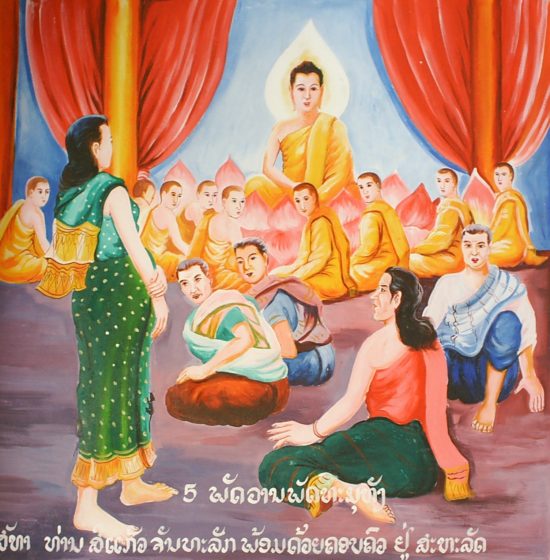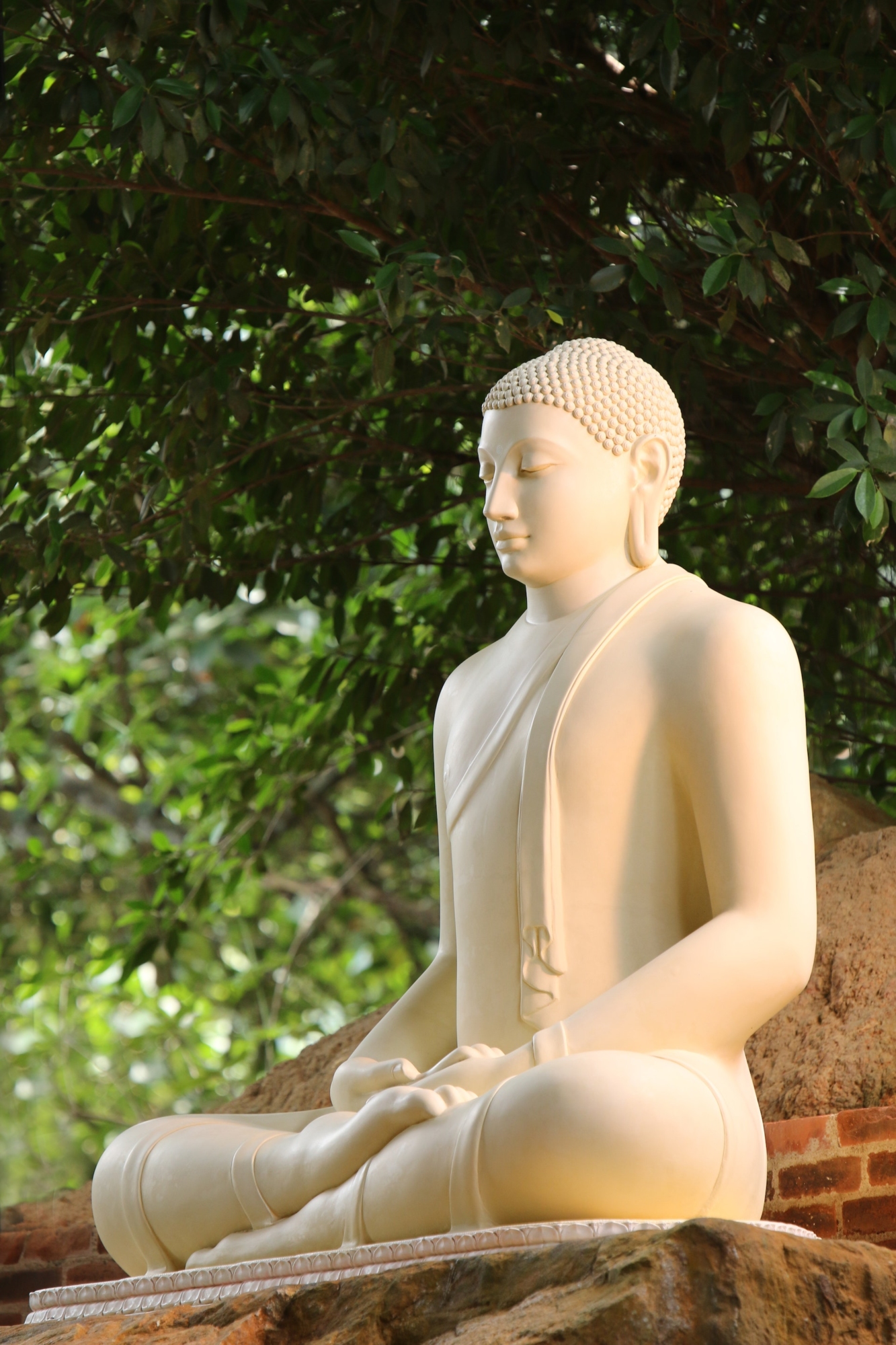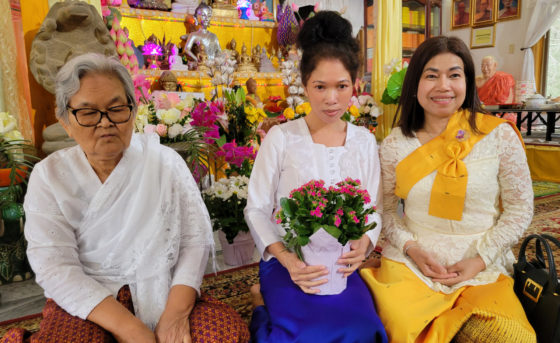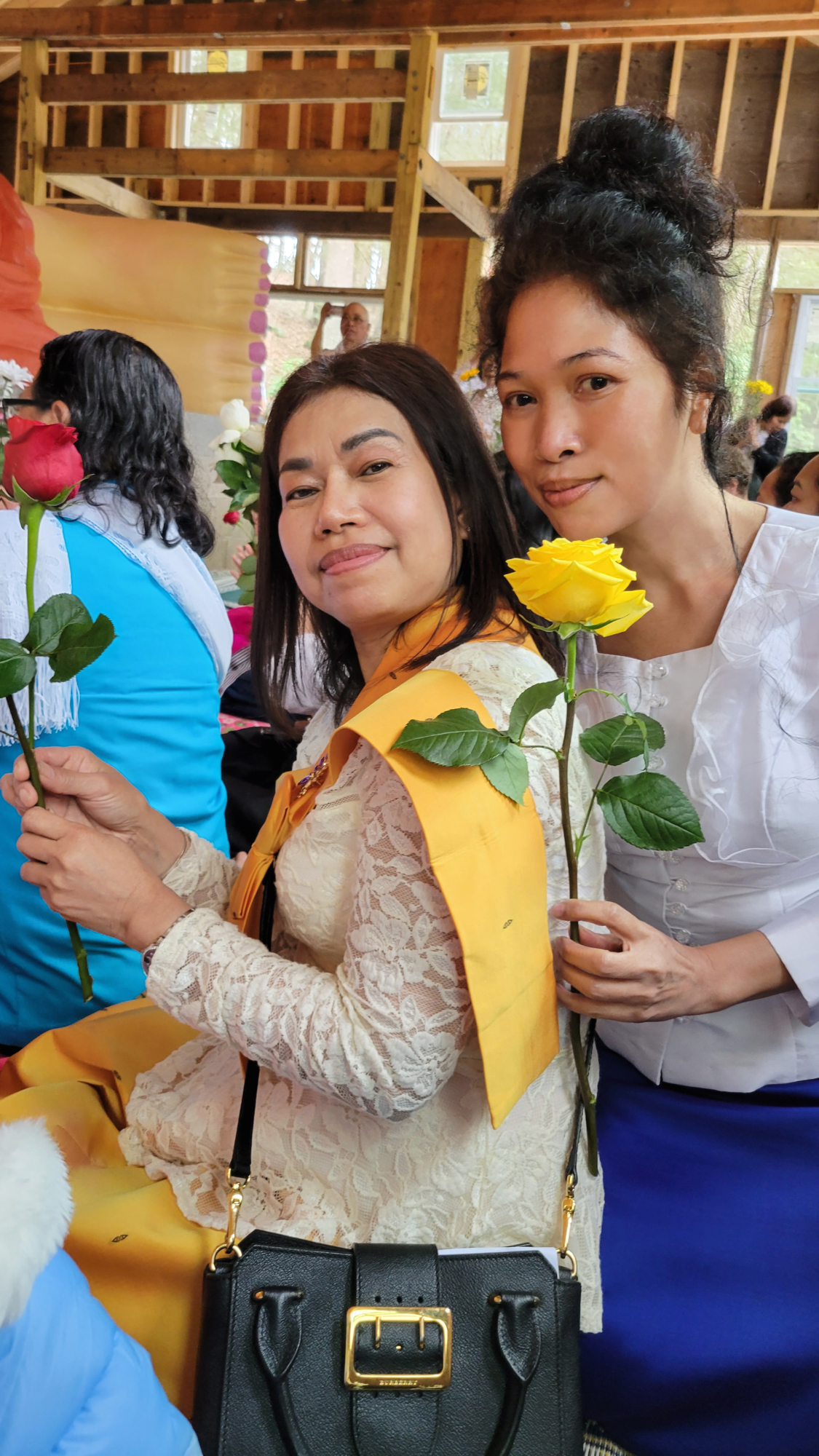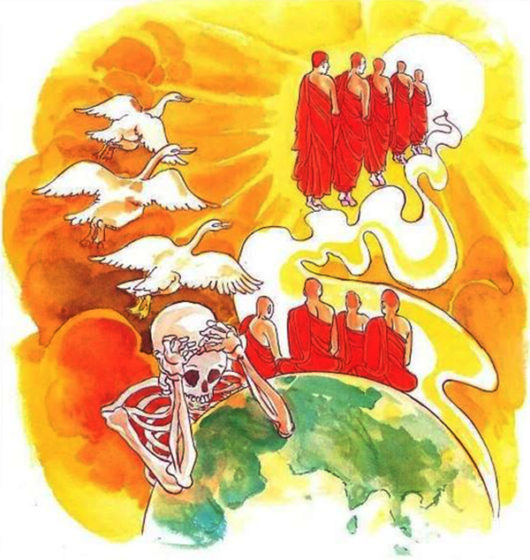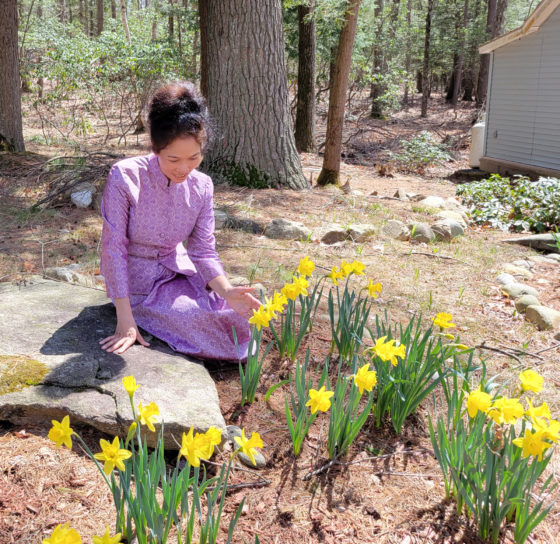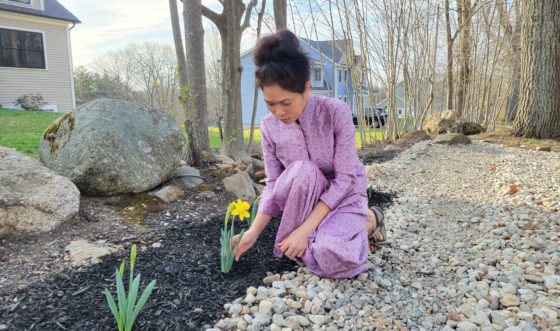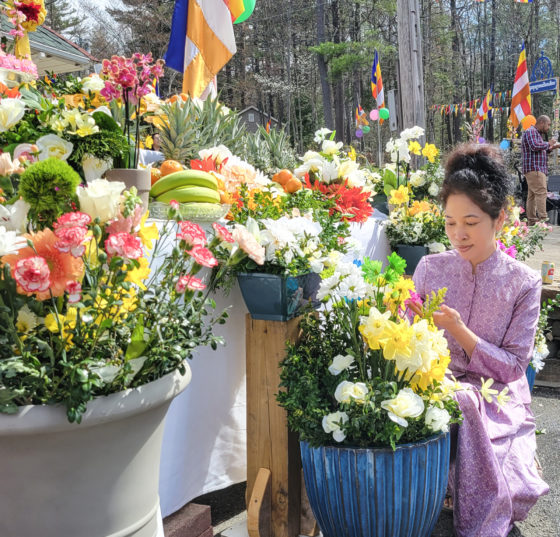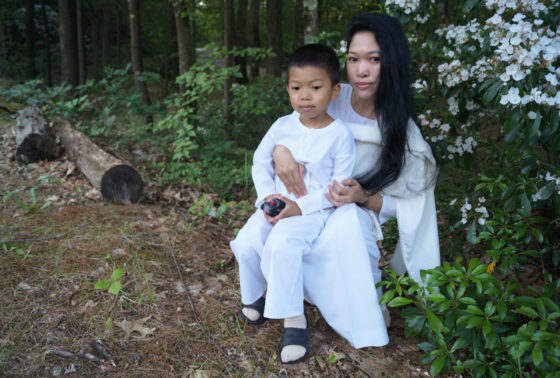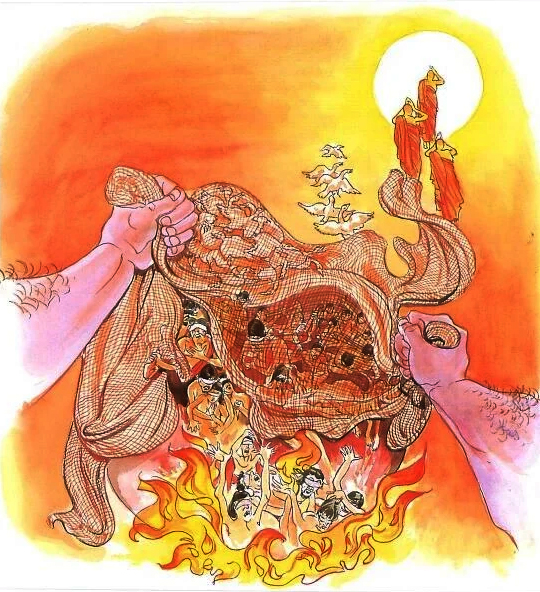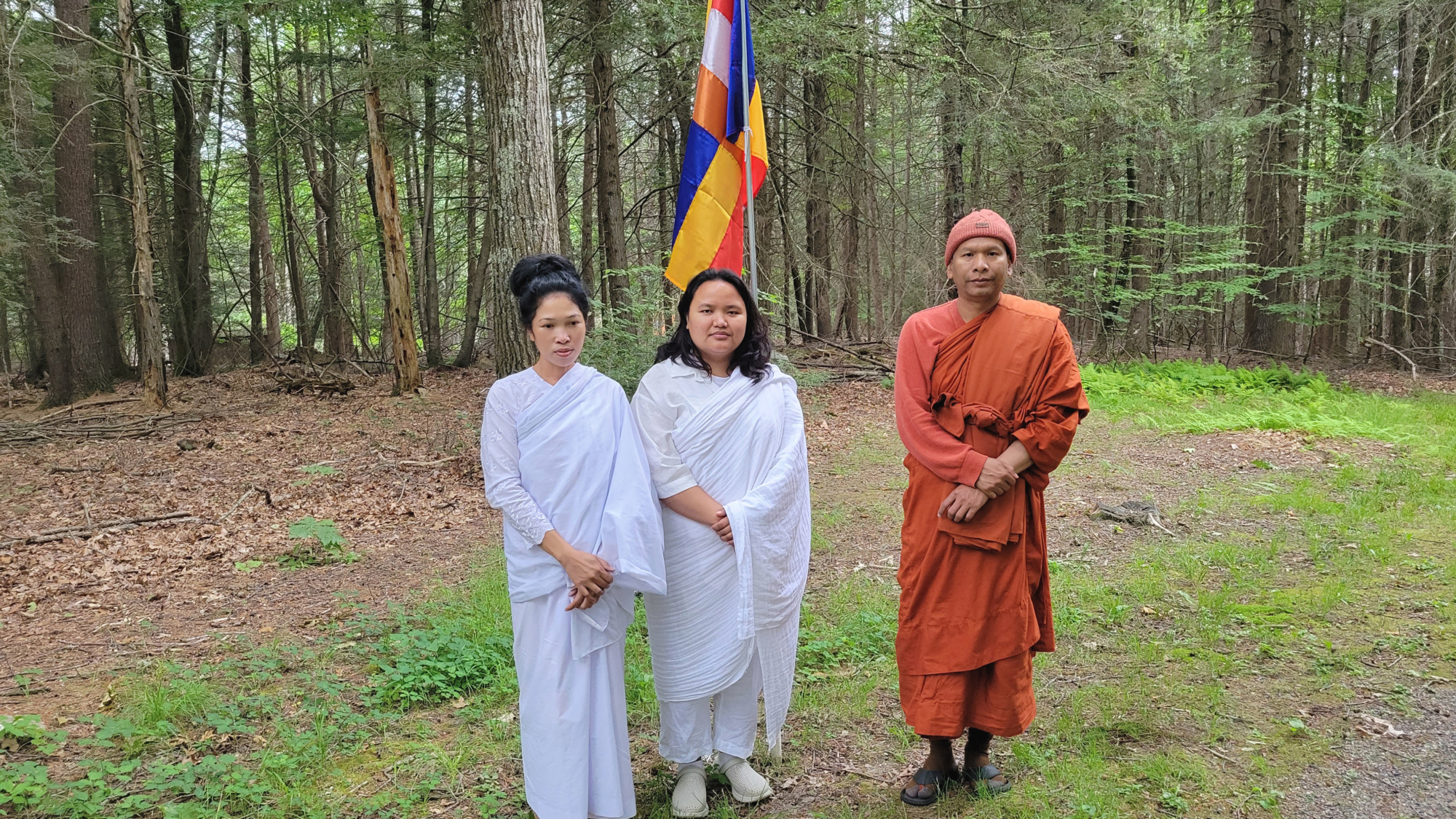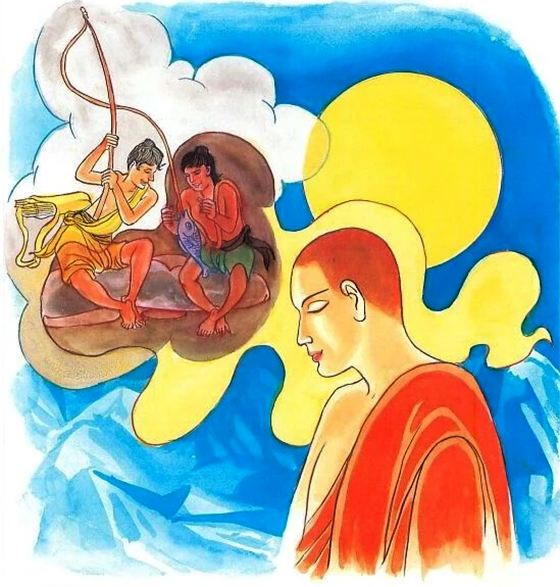The Story of Cincamanavika
Verse 176: For one who transgresses the Truth, and is given to lying, and who is unconcerned with the life hereafter, there is no evil that he dare not do.
The Story of Cincamanavika
While residing at the Jetavana monastery, the Buddha uttered Verse (176) of this book, with reference to Cincamanavika.
As the Buddha went on teaching the Dhamma, more and more people came flocking to him, and the ascetics of other faiths found their following to be dwindling. So they made a plan that would harm the reputation of the Buddha. They called the very beautiful Cincamanavika, a devoted pupil of theirs, to them and said to her, “If you have our interests in your heart, please help us and put Samana Gotama to shame.” Cincamanavika agreed to comply.
That same evening, she took some flowers and went in the direction of the Jetavana monastery. When people asked her where she was going, she replied, “What is the use of you knowing where I am going?” Then she would go to the place of other ascetics near the Jetavana monastery and would come back early in the morning to make it appear as if she had spent the night at the Jetavana monastery. When asked, she would reply, “I spent the night with Samana Gotama at the Perfumed Chamber of the Jetavana monastery.” After three or four months had passed, she wrapped up her stomach with some cloth to make her look pregnant. Then, after eight or nine months, she wrapped up her stomach with a round piece of thin wooden plank; she also beat up her palms and feet to make them swollen, and pretended to be feeling tired and worn out. Thus, she assumed a perfect picture of a woman in an advanced stage of pregnancy. Then, in the evening, she went to the Jetavana monastery to confront the Buddha. Continue reading


